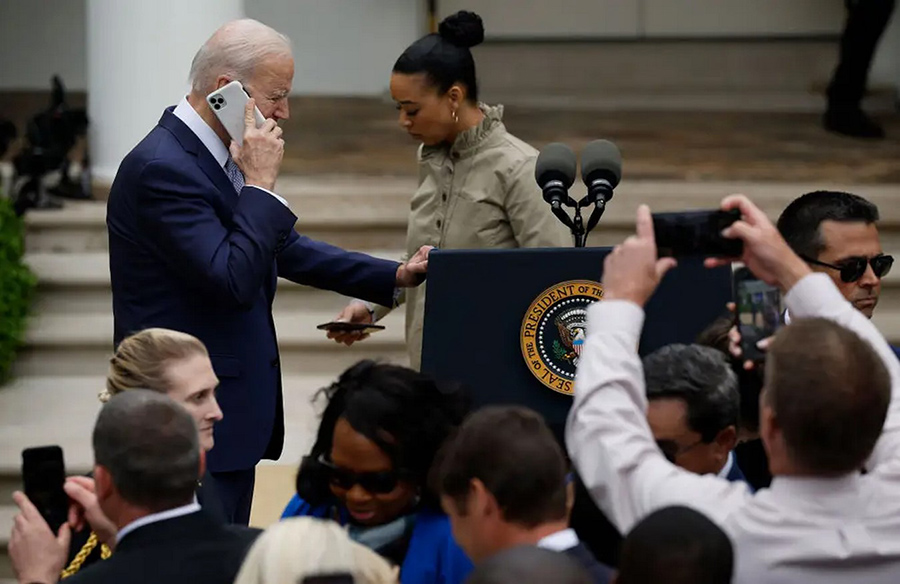
Steve Kramer, a former consultant for Rep. Dean Phillips’ presidential campaign, has confessed to sending out AI-generated calls from Democratic President Joe Biden to New Hampshire voters, just days after being identified by a fork-bending magician.
Motivation Behind the Calls
In an interview with NBC News, Kramer stated that he initiated the calls to raise awareness about the concerning use of AI in politics and to advocate for regulatory action. He emphasized the ease with which such calls could be replicated, citing a minimal investment requirement and the accessibility of voter lists through political vendors.
Call for Regulatory Action
Expressing urgency for federal regulators to address the issue, Kramer emphasized the potential for individuals, even acting independently, to misuse AI for deceptive and disruptive purposes. He urged immediate action to prevent further abuse of AI technology in robocalls.
Regulatory Response
Following the incident, the Federal Communications Commission (FCC) amended the Telephone Consumer Protection Act to prohibit AI-generated voices in robocalls, empowering state attorneys general to combat the problem more effectively. However, Kramer’s involvement was initially undisclosed until his confession.
Campaign Disavowal
While Kramer received over $100,000 for consulting work from Phillips’ campaign, the campaign swiftly distanced itself from his actions, denouncing his involvement in the robocall scheme. Phillips’ press secretary expressed disgust at Kramer’s alleged role and affirmed the campaign’s lack of association with the fraudulent calls.
Legal Implications
Despite admitting to the fake Biden robocall, Kramer has not faced legal repercussions thus far. However, Phillips’ campaign has hinted at potential legal action against him for his participation in the deceptive scheme. The fallout from the incident underscores the ethical and legal complexities surrounding political communications in the digital age.










Leave a Reply